Navigating the New Employment Equity Landscape: A Compliance Roadmap for JSE-Listed Companies (Part 2)
Building upon the foundation laid in Part 1, we now delve into the critical operational aspects of Employment Equity (EE) compliance. For large companies, these elements are not just regulatory requirements but strategic imperatives for fostering inclusive and sustainable growth.
EE Committees: The Cornerstone of Consultation (Section 16)
Section 16 of the EEA mandates designated employers to establish EE Committees, ensuring meaningful consultation on all matters related to EE. This is not a mere formality, but a vital mechanism for driving change.
Structure:
- The committee must be representative of all employee groups, including all occupational levels,designated and non-designated groups.
- Employee representatives should be democratically nominated and elected by their peers.
- Union officials, where applicable, must be included in the committee.
Roles and Responsibilities:
- Promote EE awareness and education within the organisation.
- Provide regular feedback to employees on EE matters.
- Ensure strict compliance with the EEA.
- Deliver comprehensive progress reports to top management.
- Monitor and report on the effectiveness of training interventions.
Meeting Frequency:
- The committee should convene at least quarterly to monitor EE plan implementation.
EE Awareness: Empowering Your Workforce
EE awareness training is fundamental to creating a culture of fairness and equality. It educates employees on the principles of the EEA, including the prohibition of unfair discrimination and the importance of affirmative action.
Actionable Insights:
- Conduct EE awareness training before establishing the EE committee to equip potential members with the necessary knowledge.
- Training should cover key topics such as:
- What is Employment Equity?
- Unfair Discrimination.
- Affirmative Action.
- Reporting and Compliance.
- EE committee roles and responsibilities.
- Regularly review the committee’s composition to ensure equitable representation.
- Meeting agendas should include:
- Review of barrier analysis and affirmative action measures.
- Analysis of workforce profile against EE plan targets.
- Tracking and reporting on progress.
The Importance of Meeting Notes and Agendas:
Meticulous record-keeping is crucial for demonstrating compliance and tracking progress. Detailed meeting notes and agendas provide evidence of consultation, decision-making, and implementation efforts.
Actionable items:
- Ensure all committee meetings are documented with detailed minutes, including action items and responsible parties.
- Develop comprehensive agendas that cover all relevant EE topics.
- Keep records of all EE awareness training conducted, including attendance and content.
By implementing these actionable steps, South African companies can effectively navigate the complexities of EE compliance, foster inclusive workplaces, and drive sustainable transformation. At BEE123, we are dedicated to supporting your organisation on this journey. Let us partner to build a more equitable and prosperous South Africa.
Our Expertise :
- As Head of Advisory at BEE123, Yonela Ntsaluba is committed to providing accurate and actionable guidance based on her experience and expertise.
- BEE123 maintains its reputation as a reliable and informed source for B-BBEE and EE compliance.
- All information provided is sourced from official governmental documents, reinforcing accuracy.




